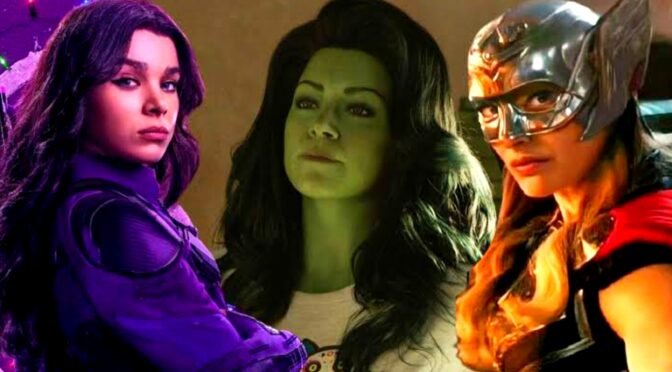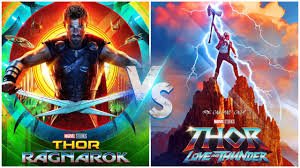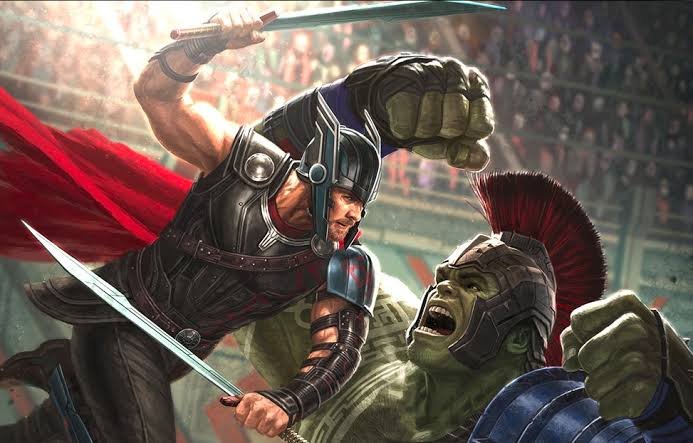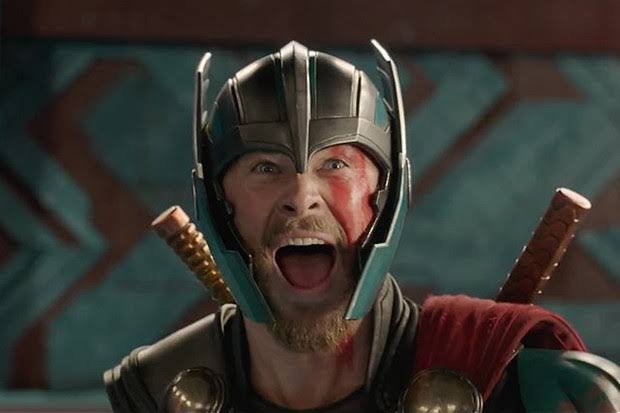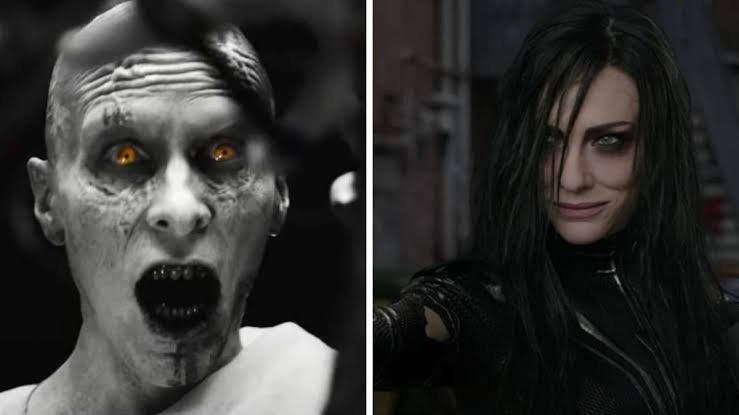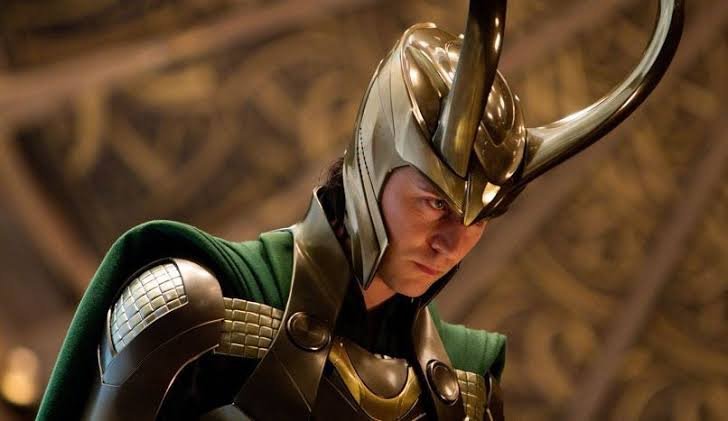Over the years, Marvel Comics’ incredible superheroes have been brought to life in movies ever since the MCU debuted. Although there have been many strong, independent women over the years, they have rarely had leading roles. Rather, they are frequently cast as supporting characters or the love interest.
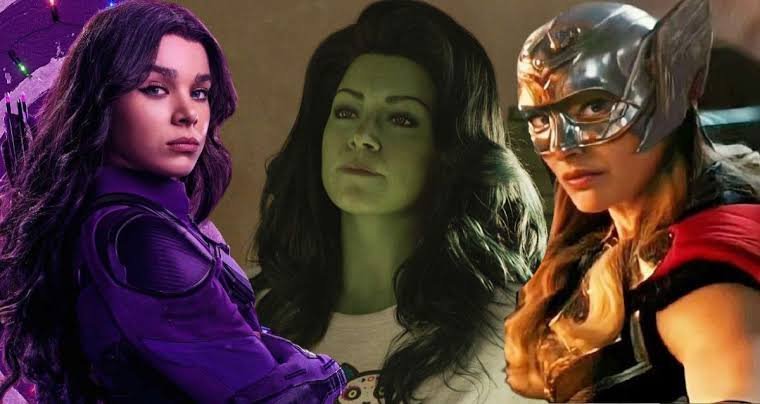
The Marvel Cinematic Universe has evolved to include a mixed range of characters, along with a steadily rising number of female superheroes, although the early films in the MCU had a largely male cast of superheroes. The steadily increasing inclusion of women in this next stage of the MCU is remarkable. In addition, female characters in general are given more opportunities to showcase their talents and potent powers.
Marvel women were praised and highlighted in a notable number of movies and television shows that were released in 2021. Some well-known characters, including Wanda Maximoff and Natasha Romanoff made a good comeback for female MCU superheroes. But unfortunately, the most recent MCU superhero movies with female leads only seem to be a shadow of their former self. With the introduction of movies like She-hulk and Ms. Marvel, we might be experiencing the rise and fall of MCU female superheroes.
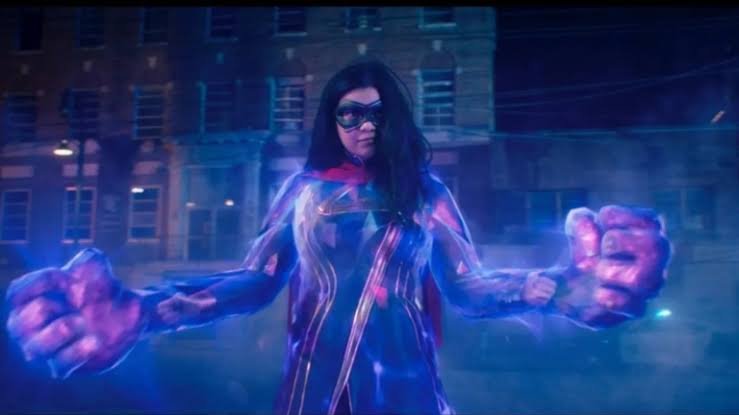
_______________
In 2021, Black Widow and Maria Hill both appeared in the first Avengers movie, however, they mostly played supporting male characters. Similar to Tony Stark’s assistant in Iron Man 2, Pepper Potts was depicted as Tony Stark’s romantic lead rather than being a fully realized character in her own right.
This is a development for diversification and inclusion in the MCU. Even while the MCU’s representation has improved, there are still issues with the way female characters are portrayed. The requirement for more depth and complexity in female characters’ characterizations is one of the major problems with developing female characters in the Marvel Cinematic Universe.
Carol Danvers’ motivations and past were only loosely depicted in the original Captain Marvel movie, making it difficult for fans to relate to her on an emotional level. Black Widow’s past and goals were also alluded to in Avengers: Age of Ultron but never fully explained, leaving viewers with more questions than answers.
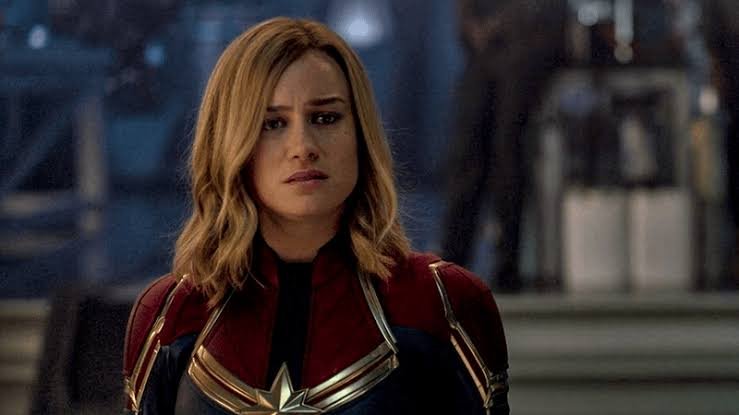
MJ’s character growth in Spider-Man: No Way Home is overshadowed by her bond with Peter Parker. Additionally, She-Hulk, a recent addition to the Marvel Cinematic Universe, has drawn criticism for how she is portrayed in the Disney+ series.
The incorporation of Daredevil and the legal procedural aspects of the show have received praise. She-Hulk is portrayed as a shallow and superficial heroine who is more preoccupied with her personal beauty and sexual relationships than with her legal work or her duties as a superhero, according to some critics.
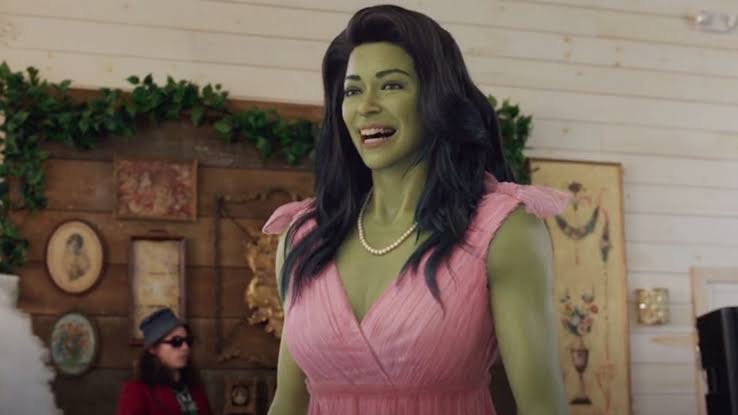
This shows how female characters, particularly in the MCU, are not presented in a powerful way. This is a perfect illustration of the need for a more accurate portrayal of nuanced, multifaceted female characters in the MCU.
Movie critics have occasionally criticized the Marvel Cinematic Universe for failing to give female characters enough screen time and agency. Although Okoye is a powerful combatant, she barely appears in Avengers: Endgame and has a little role in the last battle.
People have argued that since men predominate in the superhero genre, many female fans feel excluded and powerless to challenge gender norms because women aren’t considered the intended audience.
It appears that these male-centric genres will begin to alienate female fans and fall short of their artistic and financial capacity without more and better film and comic female superheroes telling women’s tales.
In response to criticism of its female characters, Marvel’s president stated that the company has always gone for the powerful female superhero and cited the recent debut of She-Hulk and Ms. Marvel, two female-led superhero movies and TV shows.
The issue is that it’s challenging to satisfy everyone. Marvel has experienced pushback from ardent male fans who believe the studio’s approach is being driven by a feminist agenda. For instance, Captain Marvel from 2019 was promoted as adding feminism to the Marvel universe, but negative reviews and low viewership were partly attributed to political correctness and a story centered on the female agency.
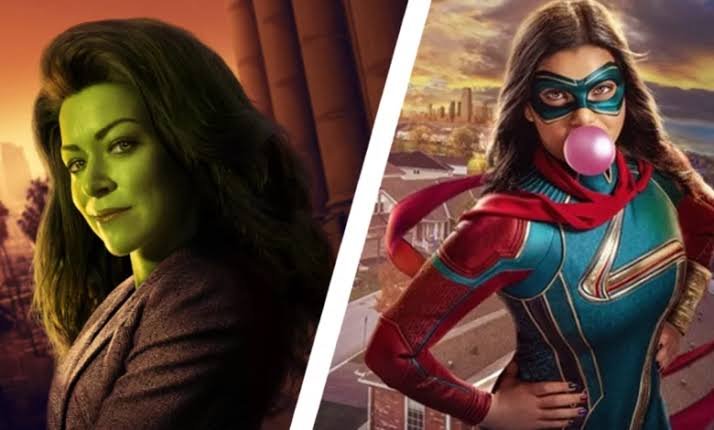
Currently, Marvel is making an effort to include more feminist characters. In order to establish them as outstanding characters, they need to do much more than simply enhance them. Hopefully, we get to see a new generation of female MCU superheroes take the lead.
